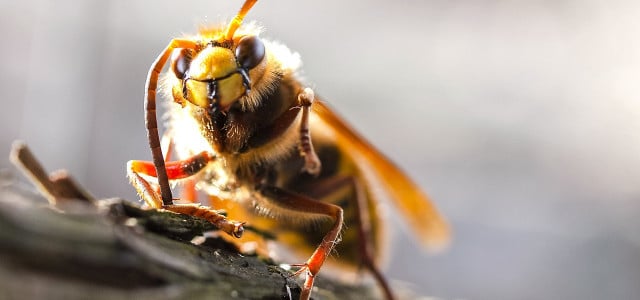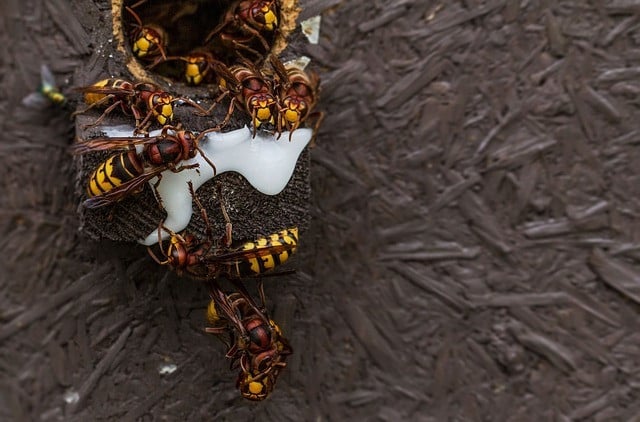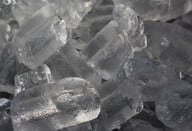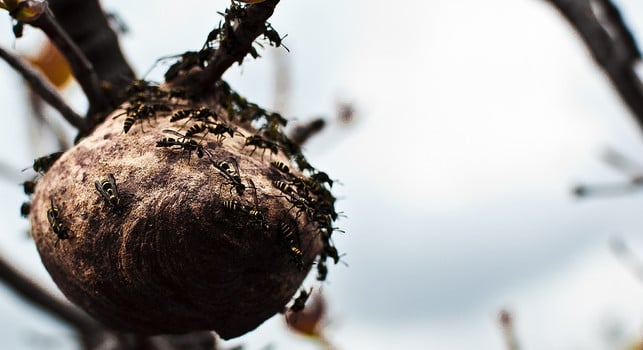
A hornet sting can be dangerous, but is only truly life-threatening for a few people. We’ll explain to you how to treat a hornet sting with home remedies.
Many people are afraid of hornets because the insects look threatening. There are also numerous myths about the dangers of hornet stings. The stings are often perceived as very painful and are said to be more dangerous than stings from wasps, for example.
But how dangerous is a hornet sting really and how should you react to it? In this article you will find out what risks a sting can bring, how you can treat it with home remedies and when medical attention is necessary. You will also get some tips to prevent hornet stings. With the right measures, the unpleasant consequences of a hornet sting can be significantly alleviated and potential complications can be avoided.
How dangerous are hornet stings?
There are many myths surrounding hornet stings, for example that three hornet stings can kill a person. Although hornets are quite large compared to other insects and the stings are painful, the hornet venom is no more dangerous than that of wasps or bees. A bee sting actually gets much more poison into the human body than a hornet sting.
Hornet stings can only have life-threatening consequences for allergy sufferers: severe swelling, difficulty breathing and circulatory failure are dangerous symptoms that require immediate emergency medical treatment. In principle, allergy sufferers should always carry the prescribed emergency medication such as antihistamines, cortisone and adrenaline with them during the insect flight period.
Hornet stings can be dangerous for people without allergies if they occur in the mouth or throat area. In this case, the airways may narrow as a result of the swelling that occurs.
Symptoms of a hornet sting

(Photo: CC0 / Pixabay / resettlements)
Hornet stings are mostly painful. They are also accompanied by the following symptoms:
- itching
- reddened skin within a radius of approximately ten centimeters around the puncture site
- Swelling around the injection site.
The following symptoms can be observed in allergy sufferers:
- irritated eyes
- Difficulty breathing
- Difficulty swallowing
- nausea
- heart racing
- Circulatory failure
- fainting
If you or someone else has been stung by a hornet, you should remain calm and not panic. Despite the severe itching, you should not scratch or press on the bite. Germs on your hands can cause the wound to become infected.
Home remedies for hornet stings

(Photo: CC0 / Pixabay / terimakasih0)
If you get a hornet sting, you should act quickly. If you have been bitten in the mouth or throat area or have an allergy, see a doctor immediately. If this is not the case, you can proceed as follows:
- Remove tight-fitting clothing or jewelry as the affected area of skin will swell.
- If possible, disinfect the puncture site with skin disinfectant spray.
-
Cool the puncture site with a cool pack or ice cubes. However, do not place the ice cubes directly on the skin, instead use a cloth.
- If you have been stabbed in the arm or leg, keep your limbs elevated.
- Apply vinegar or clay to the bite, for example using compresses.
- Half a sliced onion can disinfect the puncture site and have a mild anti-inflammatory effect.
- Keep the injection site clean in the following days. This is how you avoid infection.
- If the symptoms do not improve after two to three days, you should consult a doctor.
Prevent hornet stings

(Photo: CC0 / Pixabay / Guicho)
In general, hornets are less aggressive and rather peaceful compared to other insects. But never corner hornets. They then feel threatened and use their stinger to defend themselves. Hornets also perceive hectic movements and blowing on them as a threat.
If you discover a hornet’s nest, stay away for the time being so as not to scare the animals. Hornets are protected species, so you cannot simply remove the hornet’s nest. A professional can help you relocate the hornet’s nest. Contact the nature conservation authority in your city or municipality. They know what to pay attention to when relocating and will help you.
Read more at Utopia:
- Drive away insects: remedies against mosquitoes, wasps, etc.
- Treating wasp stings: effective home remedies for swelling and itching
- Saving bees with Urban Beeing & City Beekeepers?
Edited by Jennifer Watzek
** marked with ** or orange underlined Links to sources of supply are partly partner links: If you buy here, you are actively supporting Techzle\.com, because we then receive a small part of the sales proceeds. More info.